Water damage poses significant damage to home and business owners, from burst pipes to leaky roofs or natural disasters, it is a property owner’s worst nightmare. When faced with water damage, immediate action is crucial to minimize damage and prevent further issues. This is where water mitigation and remediation come into play, but which is right for your water damage situation? Keep reading to explore the differences between water mitigation and remediation and which approach is best for your situation.
What is Water Mitigation?
Water mitigation is the process of minimizing or preventing the amount of water damage that happens after a flood, leak, or other water-related disaster. The goal is to minimize the damage and prevent further issues from occurring.
The Water Mitigation Process
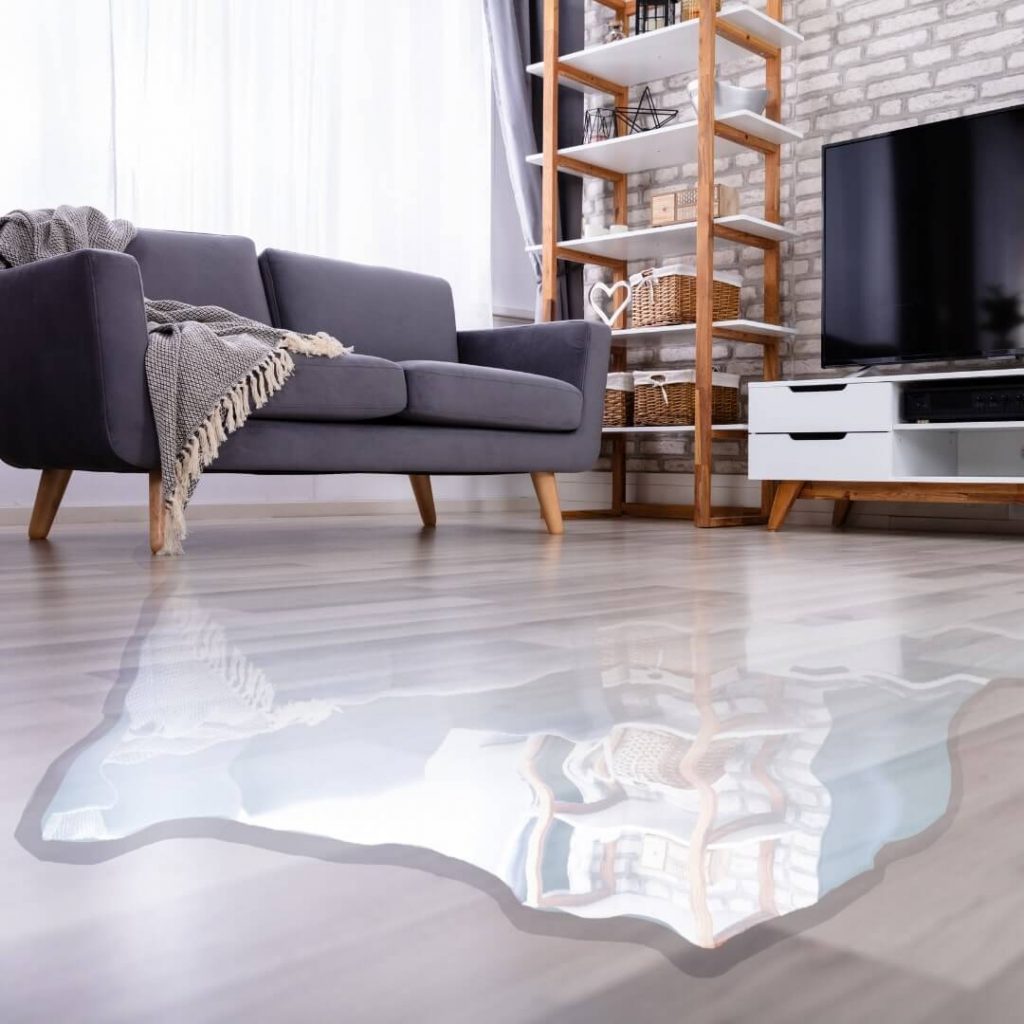
The water mitigation process typically involves the following steps:
- Water Extraction: Start by removing any standing water from the affected area, using equipment like pumps and vacuums.
- Drying and Dehumidification: Once the standing water has been removed, dry the area with equipment like fans and dehumidifiers. This helps prevent mold growth and further damage.
- Cleaning and Sanitizing: After the area is dry, clean and sanitize it to prevent the growth of bacteria and mold.
- Monitoring: The area is monitored throughout the process to ensure it is completely dry and free of any potential hazards.
Benefits of Water Mitigation
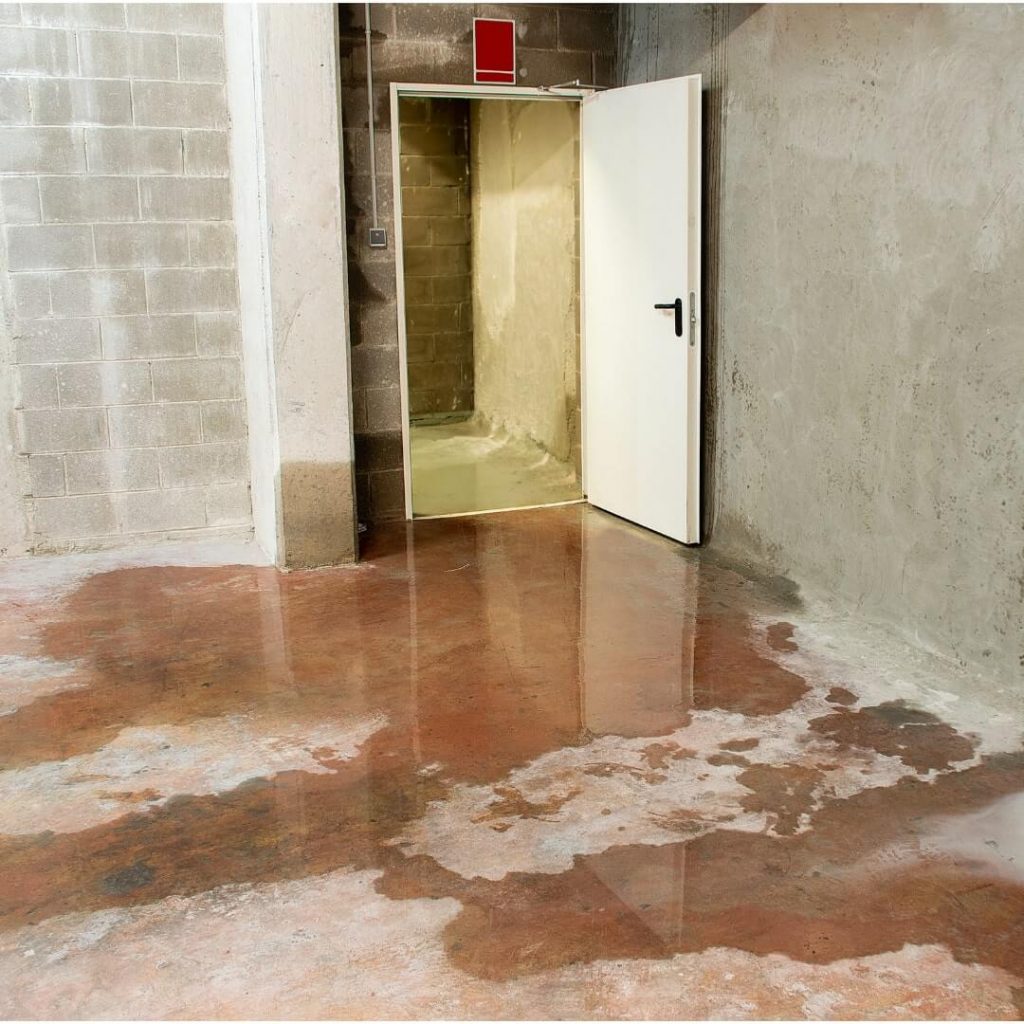
Water mitigation offers several benefits, including:
- Prevents further damage: By acting quickly, water mitigation can prevent further damage to your home and belongings.
- Saves time and money: By minimizing the damage, water mitigation can save you time and money in the long run.
- Reduces health risks: Standing water can lead to mold growth, which can cause health issues. Water mitigation helps prevent this from happening.
What is Remediation?

Remediation is the process of restoring a property to its pre-damaged state after a water-related disaster. This involves repairing or replacing damaged materials and addressing health hazards.
The Remediation Process
The remediation process typically involves the following steps:
- Assessment: The first step is to assess the extent of the damage and determine the best course of action.
- Removal of Damaged Materials: Any materials that have been damaged beyond repair are removed and replaced.
- Drying and Dehumidification: Similar to water mitigation, the affected area is dried and dehumidified to prevent mold growth.
- Cleaning and Sanitizing: All surfaces are thoroughly cleaned to prevent potential health hazards.
- Restoration: The final step in remediation is to restore the property to its pre-damaged state. This may involve repairing or replacing damaged walls, flooring, and other materials.
Benefits of Remediation
Remediation offers several benefits, including:
- Restores property to pre-damaged state: Remediation ensures that your property is restored, making it safe and livable again.
- Addresses potential health hazards: Remediation addresses any potential health hazards, such as mold growth, that may have occurred due to the water damage.
- Professional expertise: Remediation is typically carried out by professionals with the necessary expertise and equipment to properly restore your property.
Water Mitigation vs Remediation: Which is Best?

Both water mitigation and remediation are important steps in addressing water damage. However, the best approach will depend on the specific situation.
When to Use Water Mitigation
Water mitigation is best used in situations where the damage is minimal and can be addressed quickly. This approach is ideal for small leaks or minor flooding that has not caused significant damage.
When to Use Remediation
Remediation is best used in situations where the damage is more extensive and requires professional expertise to properly restore the property. This approach is ideal for major floods or natural disasters that have caused significant damage to the property.
Choosing a Water Damage Restoration Company

When faced with water damage, choose a reputable and experienced water damage restoration company. Here are some things to consider when making your decision:
- Experience: Look for a company with experience in water mitigation and remediation to ensure they have the expertise to handle your situation.
- Availability: Water damage can occur at any time, so choose a company that offers 24/7 emergency services.
- Equipment: Make sure the company has the necessary equipment to properly address your water damage, including pumps, vacuums, fans, and dehumidifiers.
- Certifications: Look for a company certified by the Institute of Inspection, Cleaning and Restoration Certification (IICRC) to ensure they meet industry standards.
Things to Remember
Water mitigation and remediation are both important steps in addressing water damage. While water mitigation is best used for minor damage, remediation is necessary for more extensive damage. Choose a reputable and experienced water damage restoration company to ensure your property is properly restored.
By understanding the differences between water mitigation and remediation, you can make an informed decision on the best approach for your situation. Remember, acting quickly is key in minimizing damage and preventing further issues, so don’t hesitate to call a professional if you experience water damage in your home.
For professional water damage mitigation and remediation in the Bartlett area, contact PuroClean of Bartlett today!

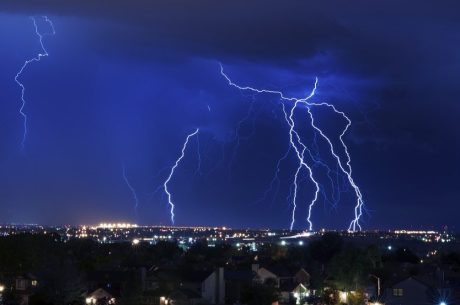
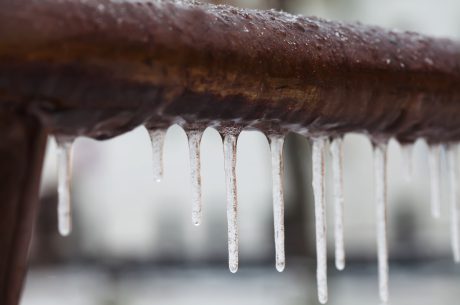
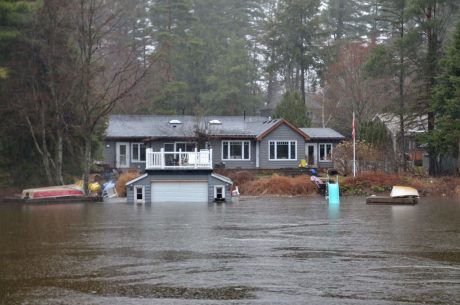
 PuroClean of Bartlett
PuroClean of Bartlett